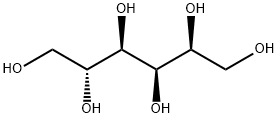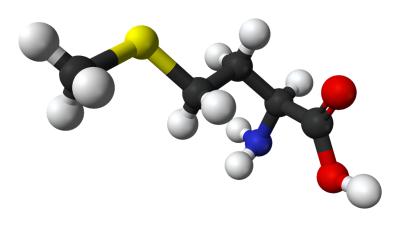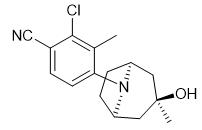The Function of Sorbitol
Sorbitol is a type of carbohydrate. It falls into a category of sugar alcohols called polyols.

This water-soluble compound is found naturally in some fruits, including apples, apricots, dates, berries, peaches, plums, and figs.
It's also commercially manufactured from corn syrup for use in packaged foods, beverages, and medications. Commercially, sorbitol is used to preserve moisture, add sweetness, and provide texture to products, as well as potentially support digestive and oral health.
Like most sugar alcohols, sorbitol is neither as sweet nor as calorie-dense as sugar. Sorbitol is about 60% as sweet as sugar and has about 35% fewer calories per gram (2.6 calories for sorbitol compared to 4 calories for sugar).
However, sorbitol's contributions to health go beyond calories. Studies on sorbitol metabolism date back as far as the 1920s, when researchers began testing sorbitol as a potential carbohydrate substitute in people with diabetes. Since that time, the benefits of sugar alcohols and how the body uses them have become better understood. Two areas where sugar alcohols are known for their positive effects are oral health and impact on blood sugar.
Oral Health
Sugar alcohols, including sorbitol, have been shown to benefit oral health in several ways, primarily because they are noncariogenic: in other words, they don't contribute to cavity formation. The act of chewing also protects teeth from cavity-causing bacteria by promoting the flow of saliva. The increased saliva and noncariogenic properties (along with sweetness) are why sugar alcohols (sorbitol and xylitol) are used in sugar-free chewing gum.
Some sugar alcohols like erythritol and xylitol inhibit the growth of oral bacteria that can cause cavities. Sorbitol can be fermented, albeit at a slower rate than sugar, by some but not all oral bacteria. Therefore, sorbitol is not as protective against cavities as some sugar alcohols, but has been shown to decrease cavities compared with sugar. Because of these attributes, the FDA recognizes sorbitol and other sugar alcohols as beneficial to oral health.
Blood Sugar
Like other sugar alcohols (except for erythritol), sorbitol contains calories in the form of carbohydrates. Sorbitol is slowly and incompletely absorbed from our little intestine. The remaining sorbitol continues to the large intestine, where its metabolism yields fewer calories. Because of this, sorbitol consumption (compared with an equal amount of sugar) reduces insulin secretion, which helps keep blood glucose levels lower as a result.
);You may like
Related articles And Qustion
See also
Lastest Price from Sorbitol manufacturers

US $6.00/KG2024-05-01
- CAS:
- 50-70-4
- Min. Order:
- 1KG
- Purity:
- More than 99%
- Supply Ability:
- 2000KG/Month

US $10.00/kg2024-04-28
- CAS:
- 50-70-4
- Min. Order:
- 1kg
- Purity:
- 99.7%
- Supply Ability:
- 200000kg



